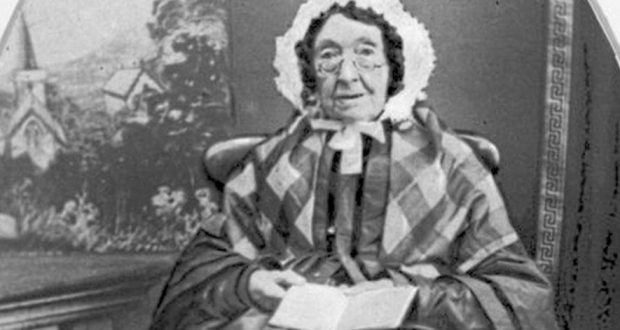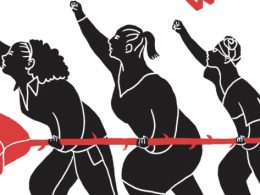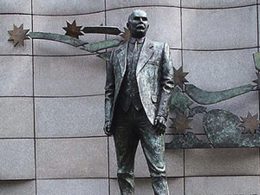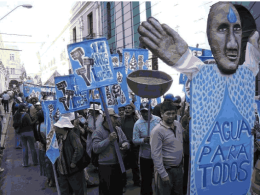By Emma Ward
The inscription, ‘Wept by her brother’s scaffold’, was the sole memorial on the previously unmarked grave of one of Ireland’s greatest revolutionary women. Throughout her 96 years, Mary Ann McCracken worked tirelessly as an abolitionist and led successful prison reform schemes. She ensured the eradication of the practice of using climbing boys to sweep chimneys and made substantial contributions to the women’s suffrage movement, as well as implementing transformative ideas on the education and care of children within workhouses.
It is astonishingly sad that, when her grave was eventually marked, she was robbed of all these accomplishments. She was seen solely through the lens of her brother, Henry Joy McCracken, and the United Irishmen that surrounded her, rather than gaining her rightful recognition as an extremely brave and powerful social and political activist.
An epoch of revolt
Mary Ann McCracken’s formative years were dominated by revolutionary upheaval, beginning in the British colonies in America, followed by the French Revolution in 1789. The impact of the latter was felt throughout Europe, including Ireland resulting in the formation of the United Irishmen in 1791 in Belfast.
Like many women, she read the revolutionary works of Jacques Rousseau, William Godwin, Thomas Paine and, most importantly for her, Wollstonecraft’s Vindication on the Rights of Women. She was the only one of her contemporaries to critically engage with the material and adopt theory to educate and empower those who surrounded her.
Upon the imprisonment of her brother, she immediately visited the women’s societies to help bolster their political learning and was appalled at what she found. She wrote to Henry Joy about the separation of women from the United Irishmen saying, “there can be no other reason but to make tools out of them without confiding in them”, showing that she understood the necessity of a united movement with women as equals.
A revolutionary organiser
Indeed, Mary Ann was an equal who regularly updated Henry Joy on ‘items’ being safely removed from houses before being searched, whilst also writing letters keeping him informed who had been caught, who had reached safety and which members were still on the run. It is clear that she was his political confidante and that he treated her as a capable and competent leader. Through her letters, she even remedied Henry Joy’s dispute with Samuel Nielson, convincing him that any signs of discord would sow doubts in the minds of their fellow United Irishmen. When the 1798 rebellion was defeated, she again took immediate action by defying military curfews and risked her life to search for her brother in the foothills of Cave Hill during the night.
At a time when she knew that armed rebellion was inevitable, Mary Ann realised that understanding and engaging with theory was critical to create a powerful united force of the oppressed writing that, “those who are flaming with liberty today, without understanding it, may perhaps damp and cool the courage of others when they begin to reflect on the danger they incur”. It was for this reason that she played such a vital part in the women’s groups and political discussions of the time, emphasising that only through real understanding and learning could people play an effective important role in any revolutionary action.
A fighter for the oppressed
During a time of spies, corruption, imprisonments and death, Mary Ann McCracken kept the revolutionary spirit of her brother and those around him alight, writing to him in Kilmainham Gaol that, “there cannot be more extraordinary revolutions in politics […] than what is taking place in the minds of the people here.” Her statement shows us that the most important aspect of change relies on the ideas that are taking place within the minds of the workers, as revolutionary ideas cannot be imprisoned or forcefully exiled. This conviction was reinforced even upon the execution of her brother, Henry Joy, when she wrote, “I never once wished my brother had taken any part than that which he did take.” Through this, she stands as an example to others that both her and her brother’s understanding and commitment to a viable alternative to corrupt politics, cannot be hindered.
At the time of her death, she was a leading member of six charitable associations and campaigned on Belfast docks for the emancipation of slaves well into her eighties, living to see the end of slavery in 1865, before her death in 1866 at the age of 96.
When Angela Davis writes that, “You have to act as if it were possible to radically transform the world… (a)nd you have to do it all the time”, it echoes the lessons that we can learn from Mary Ann McCracken – a woman who pioneered political thinking and understanding in women’s groups across Ireland and played a vital part, not only in our understanding of that tumultuous time within Irish history, but also played an active and important part in its outcome.












